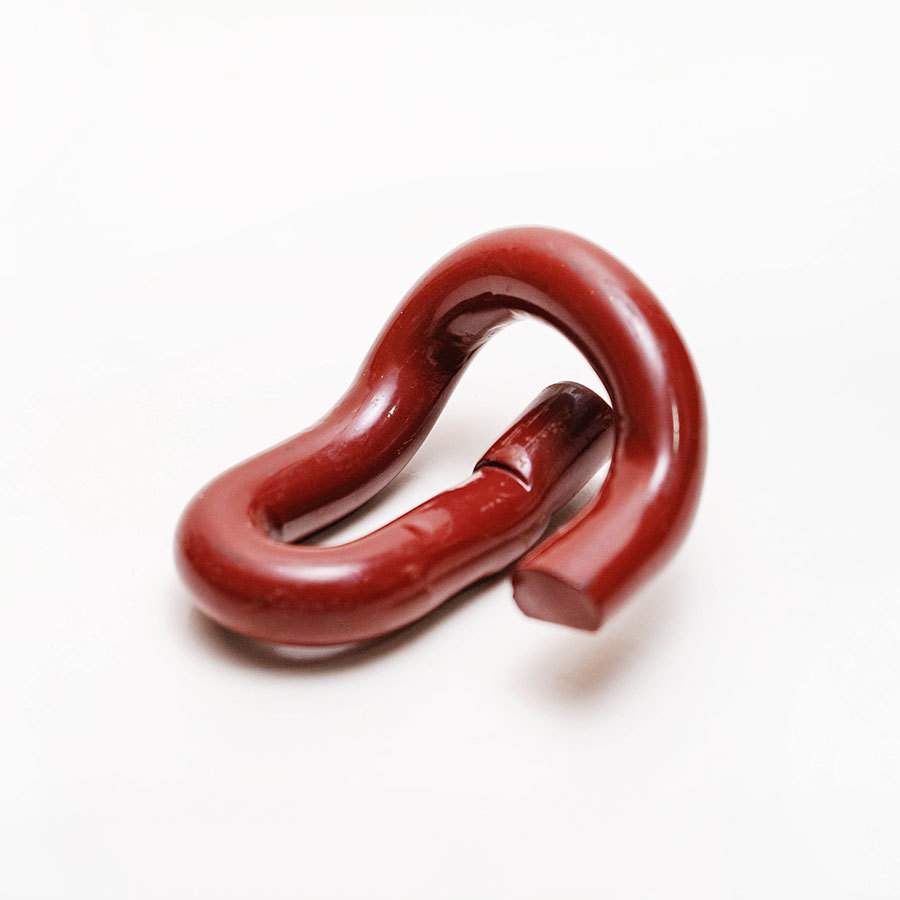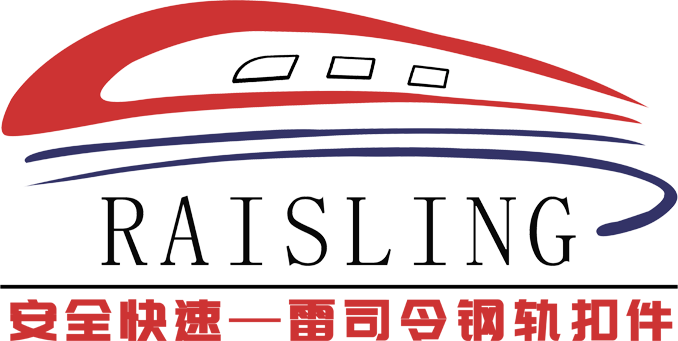-
ProductsAt present, the company has the ability to produce 50000 tons of rail buckle accessories annually. The product series includes various specifications of spring bars Gauge baffles, switch special pads, joint clamps for 43kg, 50kg, 60kg steel rails, various export products, etc

-

-
AboutThe company was established in 1994 and is a production enterprise specializing in the research and development, production, and sales of railway line specific accessories

Understanding Railway Stud Bolts: Essential Components in Industrial Applications
May 27,2025
Railway stud bolts are specialized fasteners designed to secure components in railway systems, including tracks, bridges, and rolling stock. These bolts are essential for maintaining the structural integrity of rail systems, as they must withstand significant dynamic loads and environmental conditions. Their design typically includes a cylindrical body with threads on one or both ends, allowing fo

One of the key advantages of railway stud bolts is their ability to absorb vibrations and shocks generated by trains passing over them. This quality is crucial in preventing loosening and failure, which can lead to catastrophic incidents. The materials used in manufacturing railway stud bolts often include high-strength steel, which enhances their durability and resistance to corrosion. Some manufacturers also apply protective coatings to further improve their lifespan, particularly in environments exposed to moisture or chemicals.
When selecting railway stud bolts for a specific application, it is essential to consider factors such as load requirements, environmental conditions, and installation methods. Engineers and procurement specialists must ensure that the chosen fasteners meet industry standards for strength and reliability. Additionally, proper installation practices are vital in maximizing the performance of railway stud bolts. This includes adhering to the recommended torque specifications and utilizing the appropriate tools for assembly.
In terms of maintenance, regular inspections of railway stud bolts are necessary to detect any signs of wear or degradation. This proactive approach helps prevent potential failures and extends the overall life of the railway infrastructure. Implementing a robust maintenance schedule can significantly enhance safety and reliability in rail operations.
Railway stud bolts play a pivotal role in the broader context of fastening technologies within industrial applications. Their unique characteristics make them indispensable for securing critical infrastructure elements, where safety and performance are paramount. By understanding the specific requirements and best practices associated with railway stud bolts, professionals in the fastening and connecting industry can make informed decisions that contribute to the success of their projects.
In summary, railway stud bolts are essential fasteners that provide stability and strength to railway systems. Their ability to endure harsh conditions and dynamic loads makes them a key component in ensuring the safety and reliability of rail infrastructure. By focusing on quality selection, installation, and maintenance, industry professionals can leverage the benefits of railway stud bolts to enhance their operations effectively.
Recommended
There is one sheet production line and two high-precision engraving machines, with an annual production capacity of 6 million railway special height adjustment pads.
Electrostatic spraying workshop
There is one electrostatic spray equipment production line and one spray paint production line, with an annual production capacity of 10,000 tons.
Contact Us
Henan Xinda Railway Equipment Co., Ltd
Fax: +86-372-2615999
Tel: +86-18567891234
Email:info@xindarail.com
Send us your request
we will get in touch with you as soon as possible
COOKIES
Our website uses cookies and similar technologies to personalize the advertising shown to you and to help you get the best experience on our website. For more information, see our Privacy & Cookie Policy
COOKIES
Our website uses cookies and similar technologies to personalize the advertising shown to you and to help you get the best experience on our website. For more information, see our Privacy & Cookie Policy
These cookies are necessary for basic functions such as payment. Standard cookies cannot be turned off and do not store any of your information.
These cookies collect information, such as how many people are using our site or which pages are popular, to help us improve the customer experience. Turning these cookies off will mean we can't collect information to improve your experience.
These cookies enable the website to provide enhanced functionality and personalization. They may be set by us or by third-party providers whose services we have added to our pages. If you do not allow these cookies, some or all of these services may not function properly.
These cookies help us understand what you are interested in so that we can show you relevant advertising on other websites. Turning these cookies off will mean we are unable to show you any personalized advertising.

